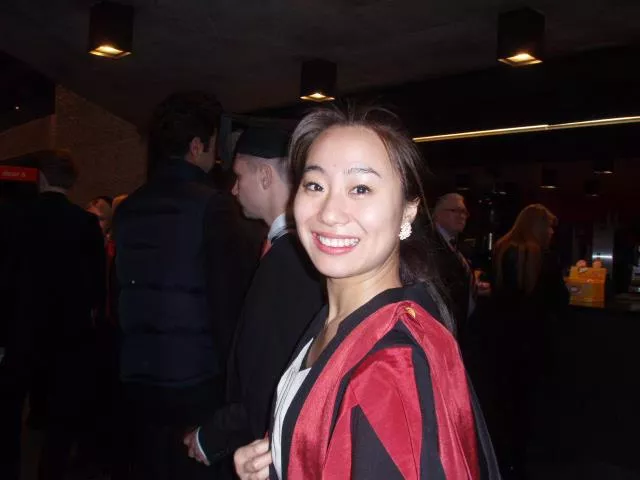Open days and events
Chat with current students and King's staff to find out about the courses we offer, life at King's and ask any questions you may have.
Scholarships available, see Fees & Funding section for more information. Our MSc in War & Psychiatry will introduce you to ways of understanding how individuals, both members of the armed forces and civilians, prepare for and cope with psychological trauma. It is designed to develop the knowledge and skills required to explore the field of human conflict and it's impact on health and wellbeing. Drawing on multidisciplinary expertise from military history, psychology and epidemiology, you will have the opportunity to compare the experiences of different nations and conflicts to explore both theoretical and practical aspects of the subject. The course is relevant for careers in military psychiatry and related NGOs, emergency response and anti-terrorist services. We will use a delivery method that combines classroom-based learning with student presentations and discussion groups to explore issues in more detail.

“For me, undertaking an MSc in War and Psychiatry has been one of the best choices I have ever made. The MSc in War and Psychiatry is such a unique and distinguished programme that it often sets me apart from other people with postgraduate degrees. ”
Graduates of the MSc come from a vast array of disciplines and go on to pursue a range of careers, including in the military, academia (research assistants, PhD study), clinical roles (nursing, psychologists, and therapists), government and policy, and charities (military or NGOs).
This MSc will help you to develop research skills as well as an in-depth understanding of the impacts of conflict and trauma on health and wellbeing.
Graduates of the MSc come from a vast array of disciplines and go on to pursue a range of careers, including in the military, academia (research assistants, PhD study), clinical roles (nursing, psychologists, and therapists), government and policy, and charities (military or NGOs).
This MSc will help you to develop research skills as well as an in-depth understanding of the impacts of conflict and trauma on health and wellbeing.
Chat with current students and King's staff to find out about the courses we offer, life at King's and ask any questions you may have.
Discover your accommodation options and explore our residences.
Chat to current students and staff to find out about life at King's.
Want to know more about studying at King's? We're here to help.
King's is right in the heart of the capital.